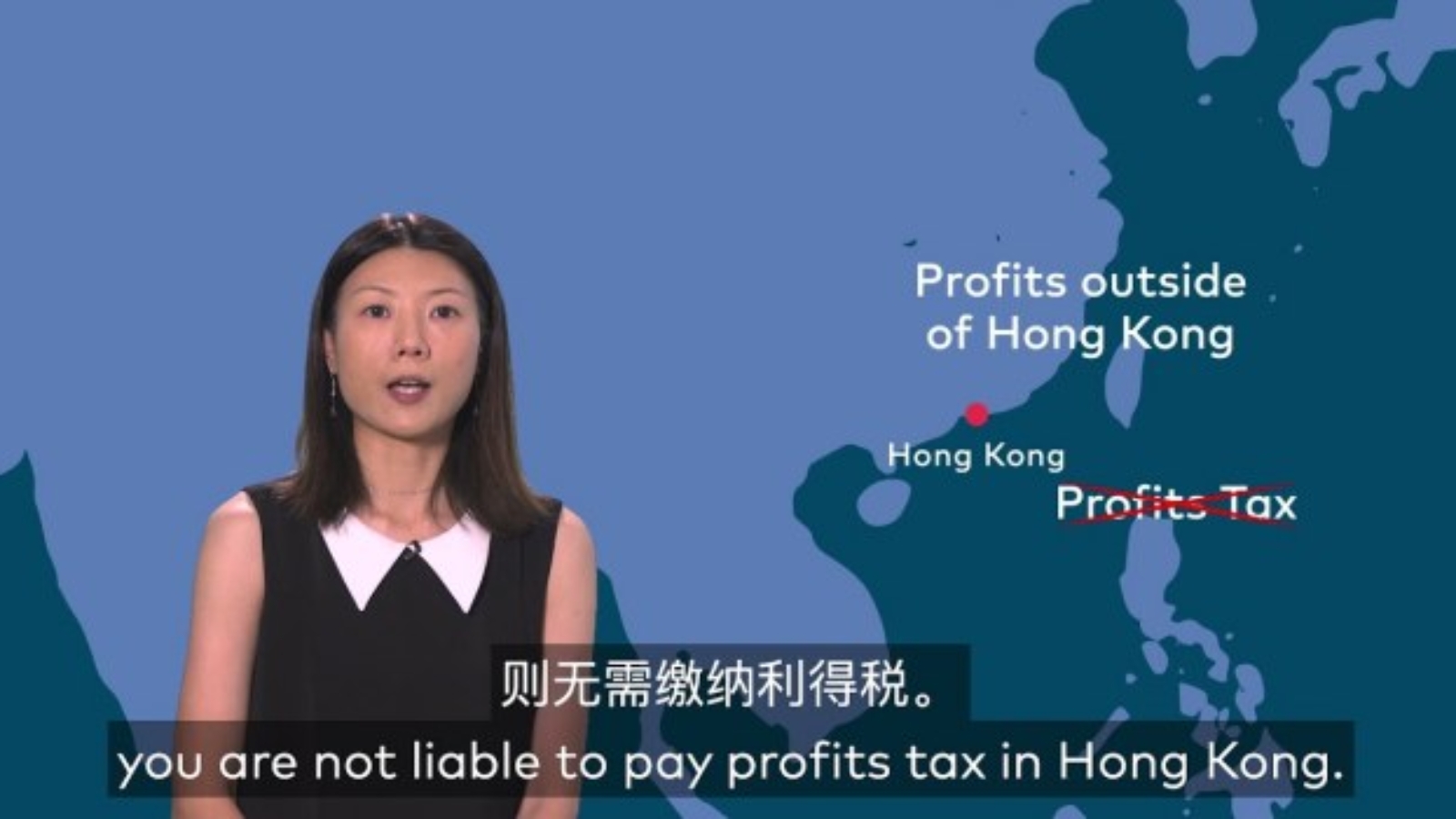Hong Kong is known for its low tax regime and attractive business environment, but it is important for companies operating in the city to understand the basics of the Hong Kong profits tax system. In this article, we will discuss the basics of the Hong Kong profits tax, including the tax rate, exemptions, and deductions, and provide tips and strategies for minimizing your liability.
The Hong Kong profits tax is levied on all profits derived from a trade, profession, or business carried on in Hong Kong. The tax rate for the 2021-2022 tax year is 8.25% for corporations and 15% for unincorporated businesses. It is important to note that the tax rate may vary depending on the type of business and the amount of profits earned.
In order to minimize your profits tax liability, it is important to take advantage of the exemptions and deductions available under Hong Kong law. For example, companies may be exempt from profits tax if they are engaged in an approved tax-exempt activity, such as charitable organizations or not-for-profit organizations. Additionally, companies may be eligible for deductions for certain expenses, such as employee salaries and rent.
Another strategy for minimizing profits tax liability is to take advantage of Hong Kong’s tax treaty network. Hong Kong has entered into tax treaties with over 40 countries, which can help to reduce the amount of profits tax owed on foreign-sourced income. For example, if a Hong Kong company earns income from a country with which Hong Kong has a tax treaty, the company may be eligible for a reduced tax rate or an exemption from profits tax in that country.
It is also important to consider the structure of your business when trying to minimize profits tax liability. For example, companies may consider incorporating in Hong Kong or setting up a holding company in order to take advantage of the lower tax rate for corporations. Additionally, companies may consider restructuring their business operations in order to take advantage of tax incentives and deductions available under Hong Kong law.
In addition to these strategies, it is important for companies to stay up-to-date on changes in the Hong Kong tax regime. The government regularly reviews and updates its tax policies, and companies should take advantage of any changes that may be beneficial to their business. This may include changes to the tax rate, exemptions, or deductions, or the introduction of new tax incentives.
Conclusion
The Hong Kong profits tax is an important consideration for companies operating in the city. By understanding the basics of the tax system and taking advantage of the exemptions, deductions, and tax treaties available, companies can minimize their profits tax liability and maximize their profits.
Additionally, by staying up-to-date on changes in the Hong Kong tax regime and considering the structure of their business, companies can ensure that they are taking full advantage of the low tax regime in Hong Kong.
Overall, the Hong Kong profits tax system is an important consideration for companies operating in the city. By understanding the basics of the system and taking advantage of the exemptions, deductions, and tax treaties available, companies can minimize their profits tax liability and maximize their profits.




